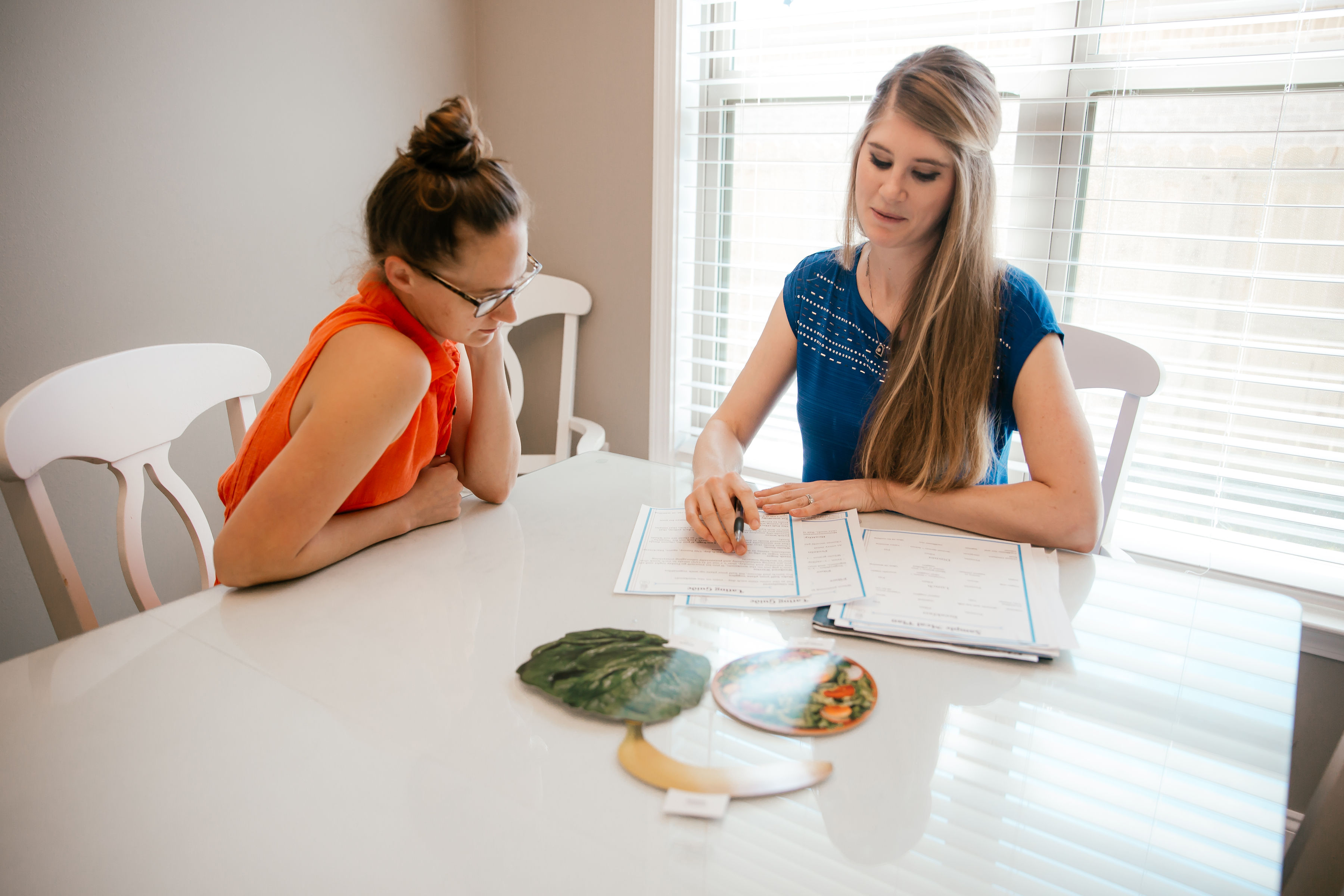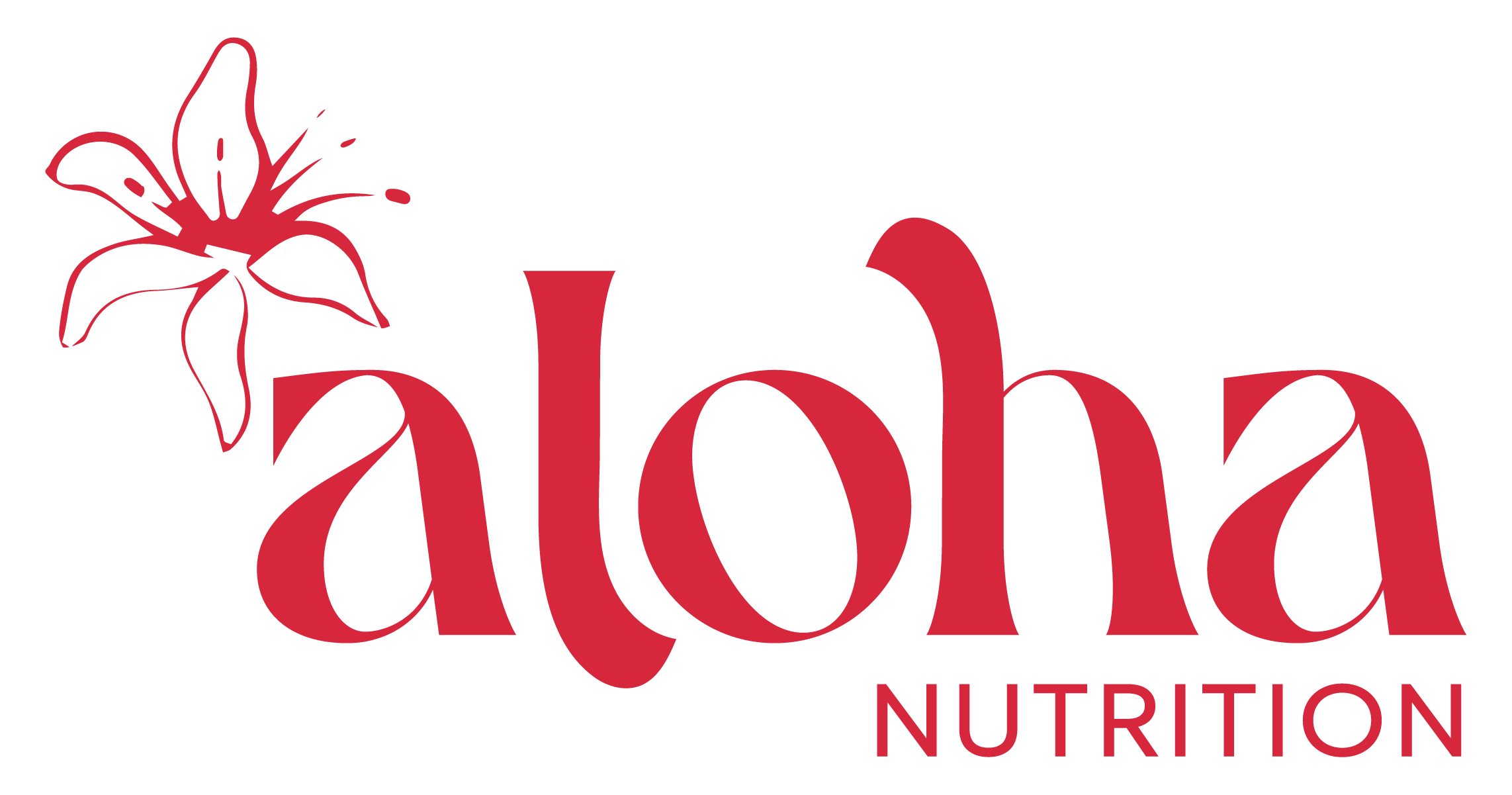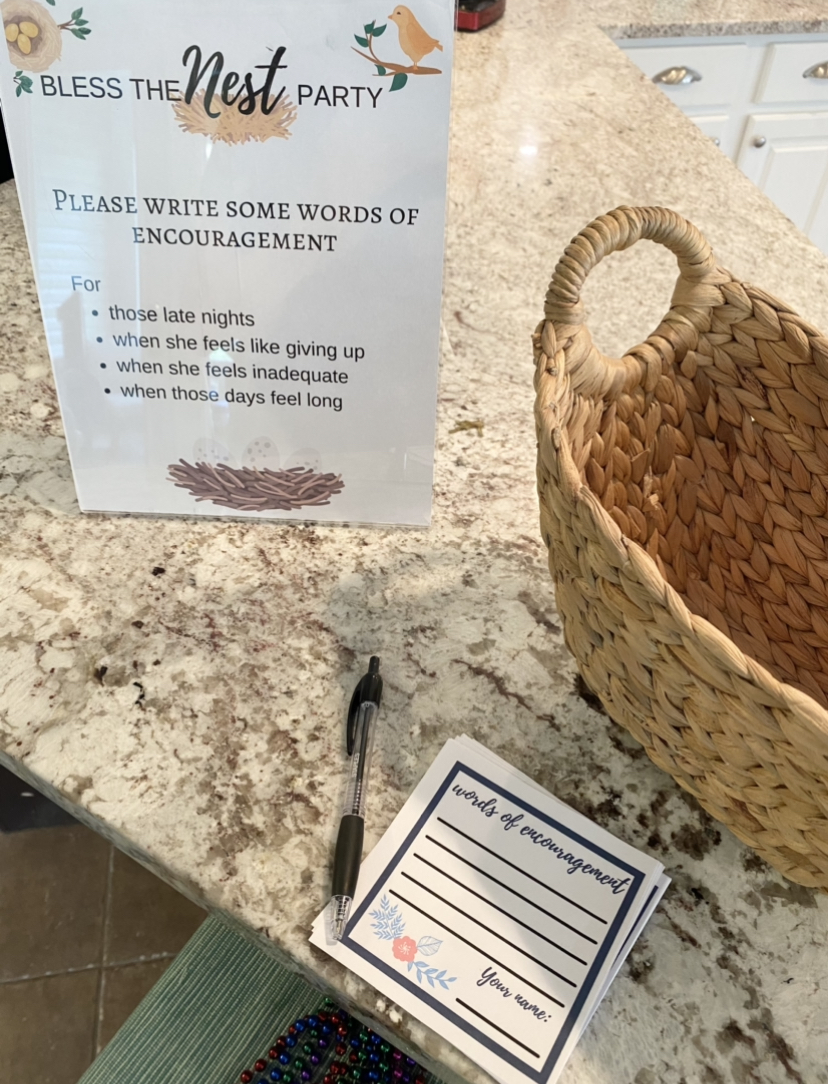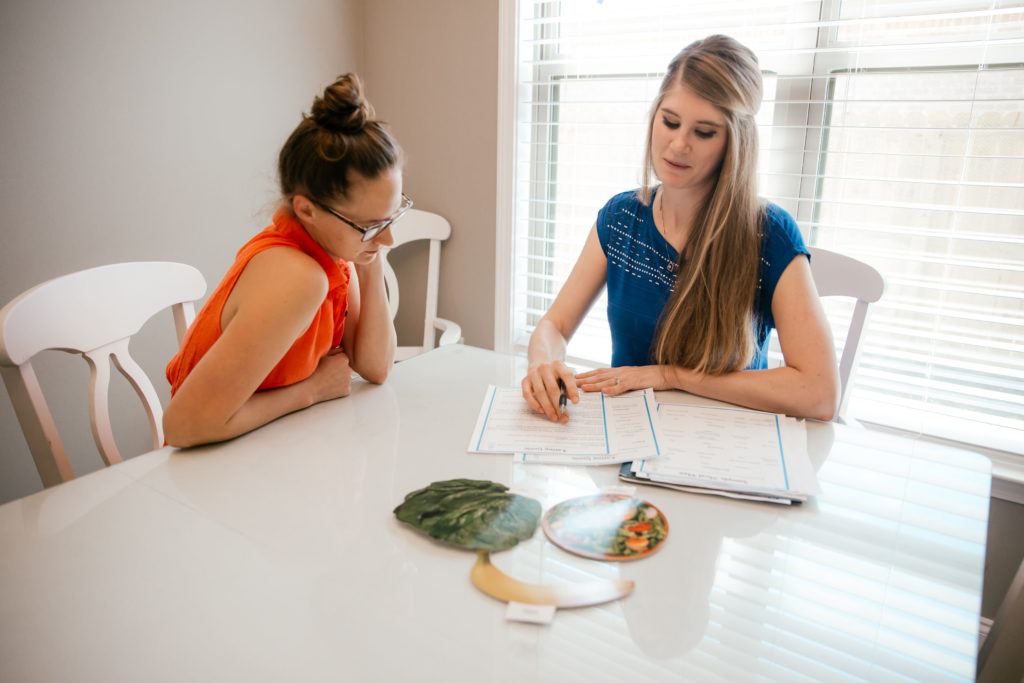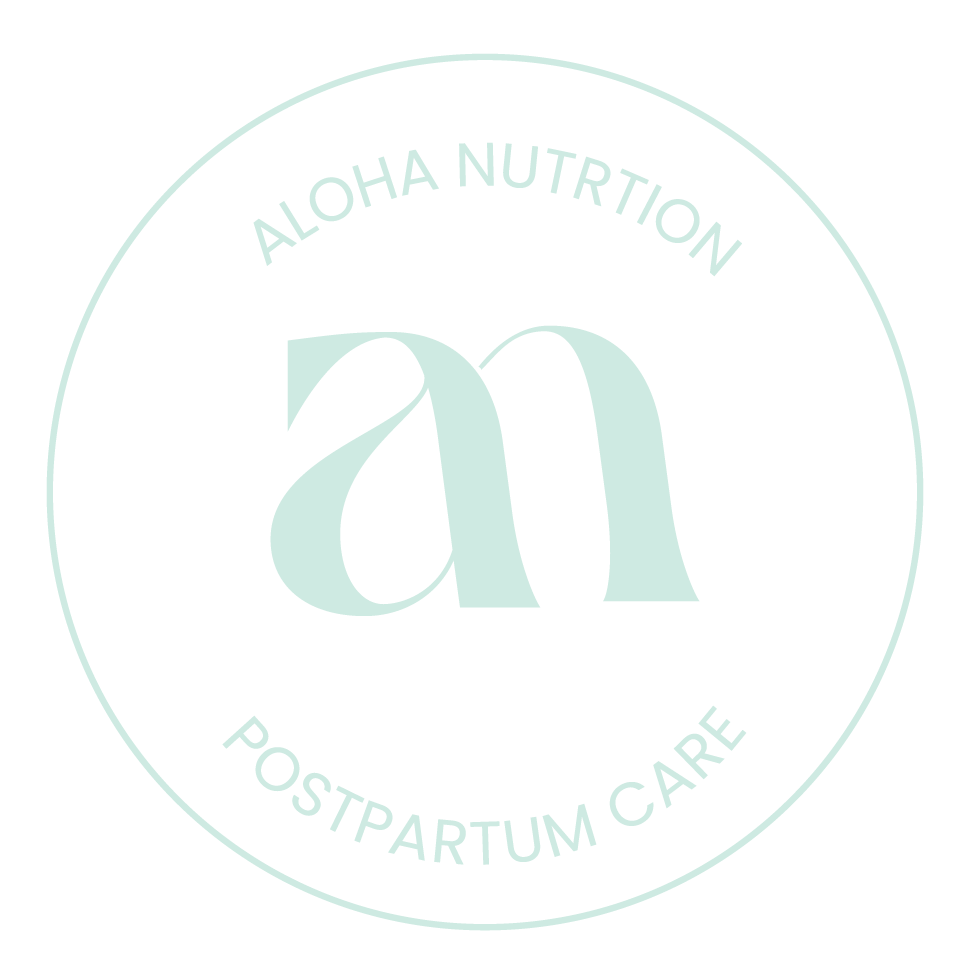The term “Nutritionist” gets thrown around in a lot of different ways and is often used interchangeably with Dietitian. Health coaches, personal trainers, diet coaches, weight-loss specialists, and many other professionals often call themselves Nutritionists. Did you know that ANYONE can call themselves a nutritionist?
A nutritionist is defined as someone who provides dietary advice and counseling as it relates to an individual’s health. Laws vary state to state, but using the title “Nutritionist” is relatively unregulated and anyone can use it. A professional using the title “Nutritionist” can have anywhere from a Ph.D. in Nutritional Sciences to a high school nutrition class. Just because someone calls themselves a nutritionist, does not mean that they have any substantial education, experience, or knowledge of nutritional sciences. This can make it very difficult and confusing for individuals seeking qualified professionals to help them.

“What qualifications do you have?” Should be the first question you ask someone that is simply calling themselves a “Nutritionist,” or even a question you should ask any professional. Did you know Medical Doctors, in most cases, only receive ONE nutrition class in medical school?
In order to be considered a Registered Dietitian (RD), or a Registered Dietitian Nutritionist (RDN), an individual must complete either a Bachelor’s or Masters Degree in Nutrition and Food Sciences from a program that is approved and accredited by the Accreditation Council for Education in Nutrition and Dietetics (ACEND) of the Academy of Nutrition and Dietetics. Classes include anatomy and physiology, chemistry, organic chemistry, biochemistry, biology, statistics, psychology, medical nutrition therapy, and many many nutrition classes.
Following completion of this education and degree, an individual must then complete 1,200 supervised, unpaid, practice hours in the fields of clinical nutrition, community nutrition, and food service nutrition. This creates a well-rounded nutrition professional that receives mentorship and education in a variety of nutritional situations working with many different populations in a variety of life cycles. This internship is typically 1 year in length and may be accompanied by graduate coursework. Following successful completion of the internship, an individual is eligible to sit for the Commission on Dietetic Registration (CDR) Examination. After completing these three steps, an individual is now able to use the RD or RDN credential. In order to maintain this credential, an RD must complete 75 hours of continuing education every 5 years and must abide by the Code of Ethics.
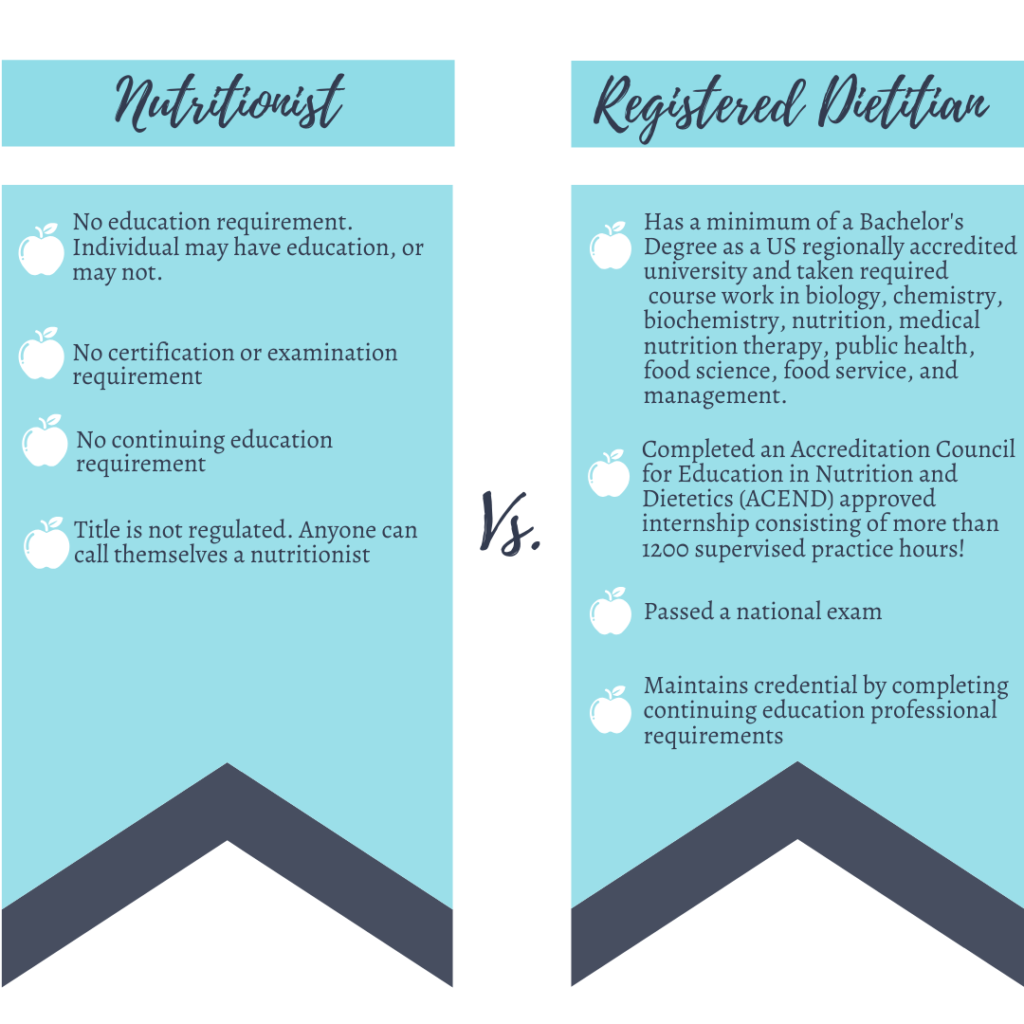
As you can see, it takes a lot to be a registered dietitian and is not merely a semester course or an online certificate. It is so important to know the sciences and background on human anatomy so you can give proper nutrition advice.
Nutrition science is a constantly evolving science with new findings daily. In order to offer a science-based practice, it is imperative that anyone offering nutrition advice be well-educated and well-rounded in the field.
Always ask any health professional you work with what their credentials are if they are not readily supplying them.
Allegra Gast is a Registered Dietitian (RD) and International Board Certified Lactation Consultant. She runs both an in-person and virtual private practice called Aloha Nutrition. She is passionate about helping families manage their health in a way that works for them. To find out more or to book an appointment, contact Allegra today!
